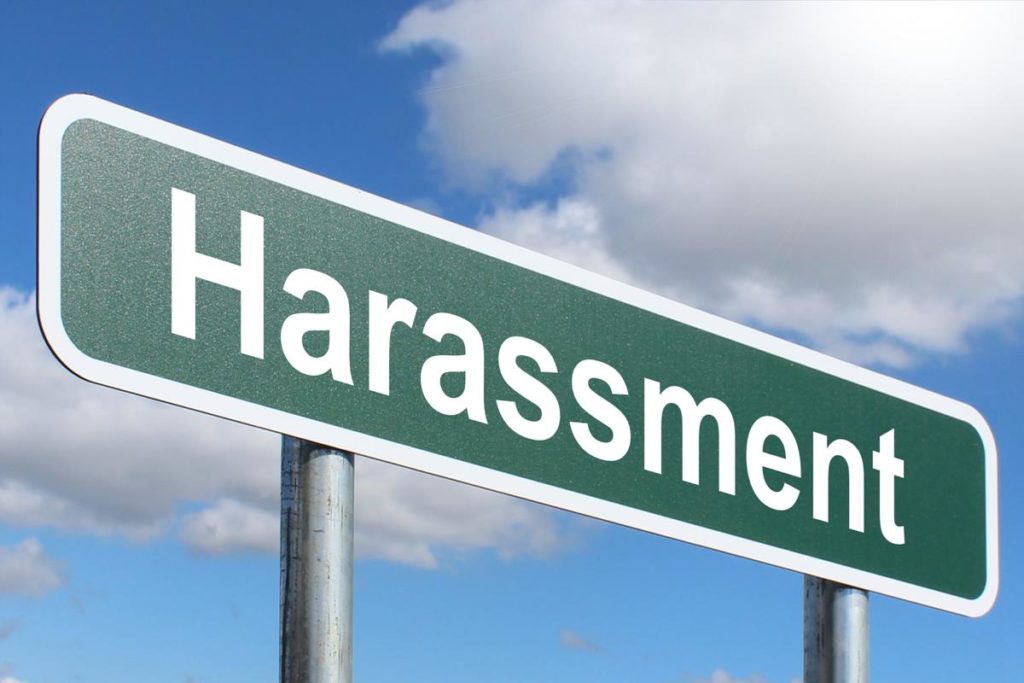SCHOOL HARASSMENT POLICY TO BE REVIEWED FOLLOWING HOSTILE COMMUNICATION INCIDENTS

Photo: Filckr.com
Consensus emerged among Regional School Committee members at their meeting on September 10th to look into expanding the school district policy on harassment to include conduct that leads to a “hostile work environment.”
Superintendent Michael Morris and School Committee members described a pattern of hostile communication from an unnamed member of the public toward multiple employees of the district and elected officials.
Committee member Peter Demling said for the past year and a half there has been a “sustained high volume of direct personal criticisms, not policy criticisms, and accusations of wrongdoing through email and through public internet and social media channels that have targeted, but have not been limited to the Superintendent, the Assistant Superintendent, the Finance Director, the Special Ed Director, the Assistant Special Ed Director, the High School Principal, the Middle School Principal and numerous teachers and staff and multiple individuals on this Committee. And that’s an incomplete list.” “What we’ve been seeing is not normal,” Demling said, referring to the content as “vile personal criticisms.”
When asked to articulate more clearly for the public exactly what’s been going on, Morris shared that in the past three months, the school district had received 86 public records requests, 82 of which were from one individual. “For scale, Wellesley thought it was challenged when they had 200 requests over the course of 5 years,” he said. Morris did not reveal the email volume due to a concern for the privacy rights of individual staff members.
Committee Chairperson Eric Nakajima emphasized the need to balance free speech rights and the right of the public to criticize the actions of the School Committee and district leadership with the need to provide a safe workplace environment.
Demling agreed: “We should totally welcome criticism and that’s part of the nature of what we do here, but these are personal criticisms that could be reasonably construed as intimidation, bullying or harassment. We want to create and maintain a safe environment for our teachers and staff,” he said.
“Staff morale has been compromised,” said Assistant Superintendent Doreen Cunningham.
“I want us to go a step further and say, if there’s a violation of our policy, what the result would actually look like,” she said.
Committee member and Pelham representative Ron Mannino said, “These emails make me sick to my stomach. What are the consequences to a member of the public of violating a policy? We should do something”.
“We’re not going to get rid of this kind of repugnant and despicable language used to characterize people, whether they’re staff or not,” said Committee member and Leverett representative Kip Fonsh. “There was a time when blogs in town were numerous and contained brutal information or innuendo and attacks on people, including the entire School Committee at times,” he said. “We just have to make sure we’re prepared to protect staff against any and all attacks that are irresponsible and reprehensible.”
Kerry Spitzer, School Committee and Policy Subcommittee member, suggested the need to consult with Counsel when reviewing the harassment policy. “It feels like a lot to put on the policy subcommittee to solve this problem. I would want the full engagement of [Human Resources], Ms. Cunningham potentially, maybe others, and also potentially Counsel, because if we get it wrong, it’s just going to feed the flames of what’s happening, in terms of being perceived as trying to quash criticism, in this community in particular. We’re walking on a razor’s age when it comes to crafting a policy.”
Spitzer described opening her inbox to the emails and experiencing feelings of isolation. By expanding the policy, it would “validate people’s experiences and give them the support they need to cope with them.”
The meeting packet included some model policies from around the country that included an expanded definition of harassment to include a ‘hostile work environment.’ Committee member Anastasia Ordonez read from a North Carolina School Boards Association policy: “A “hostile environment’ means that the victim subjectively views the conduct as harassment or bullying and that the conduct is objectively severe or pervasive enough that a reasonable person would agree that it is harassment or bullying.”
Nakajima reiterated the need to “keep the tension point between free speech rights and a policy like this.”
The subject will be taken up with the policy subcommittee before bringing it back to the Regional School Committee at a future date.
